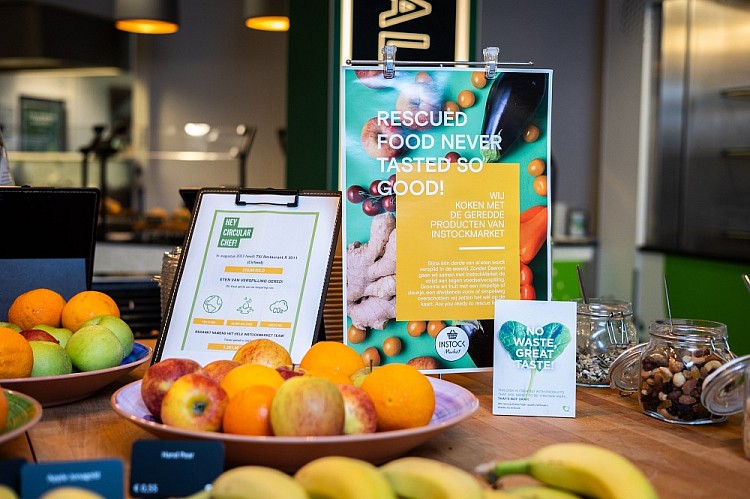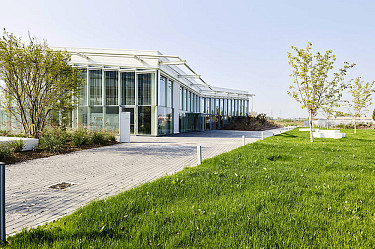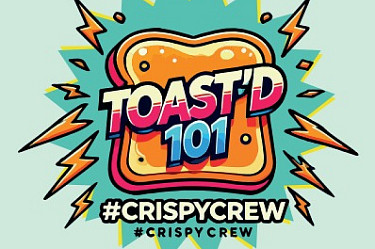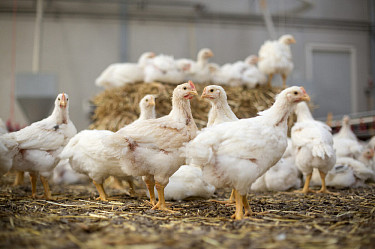CIRFOOD's activities during No Waste week
No time to waste
Worldwide, a third of all food produced ends up not on our plates, but in landfills. All that food is grown, harvested, processed, packaged, transported and refrigerated and then just thrown away. What a waste, right? If we used food more carefully, much less would have to be produced. So, limiting food waste is urgent, and also one of the easiest ways to reduce our carbon footprint. At CIRFOOD, we are tackling the problem head on.

Impact
Reducing food waste is one of our top three sustainability pillars, along with the transition to plant protein and the use of local products. As a caterer to large organisations throughout the Netherlands, we have the clout to make a real impact with our policy. We manage proven solutions centrally and look at what other initiatives are possible per location.
Rescuing produce
Many products never make it to the shops because they are irregular in size or shape. CIRFOOD turns to Instock (in Dutch) to buy crooked cucumbers, small pumpkins and apples damaged by hail that would otherwise be thrown away. They all taste just as good as ‘perfect’ products. And our guests never notice any difference when we use them to make soup, juice or jam.
No waste policy
At CIRFOOD, we love good cooking and we love good food. For our creative chefs, staying true to our Italian roots means there’s virtually no such thing as waste in the kitchen. Yesterday's penne is the basis for today’s fresh pasta salad, broccoli stalks are transformed into delicious soup and stale bread gets a crispy second life as crostini brushed with rosemary-scented olive oil.
Even the dishes we really can’t keep another day don’t go to waste. They go into our partner TooGoodToGo ’s "magic box", which consumers can order through the app. In 2022, CIRFOOD rescued 2,727 kilos of ready-to-eat food from the bin by doing this. That’s the equivalent of saving 6,817 kilos of CO2. Throwing away food really is the very last choice for our chefs.
Bread gets a crispy second life as crostini brushed with rosemary-scented olive oil
The numbers tell the tale
Through advanced forecasting and menu engineering, our chefs accurately estimate the expected demand at each one of our locations. Having this data means we always prepare enough, but we can also avoid preparing too much. Our kitchens feature an Orbi smart bin. Cameras register exactly when, what and how much we throw away. This allows us to match our purchases more closely to demand and will help reduce our food waste even further in the future.
Inspiration for our guests
A lot of food is also wasted in domestic kitchens. So we let guests in our restaurants know not only what we do as caterers, but also give practical tips on what they themselves can do at home to reduce waste. We highlighted this during the recent National Waste-Free Week, from 11 to 17 September, with a No Waste @ Home display.
University of Tilburg
On 12 September, our restaurant at Tilburg University turned the spotlight on food waste. We introduced students to Zwamcijsje’s fantastic vegan products, made from leftover mushrooms and other sustainable local ingredients. At Falafval's food truck, they could sample falafel made exclusively from leftover vegetables. And food-waste warrior Dominique Vogelzang explained how the smart Orbisk bin minimises food waste in hospitality industry.








